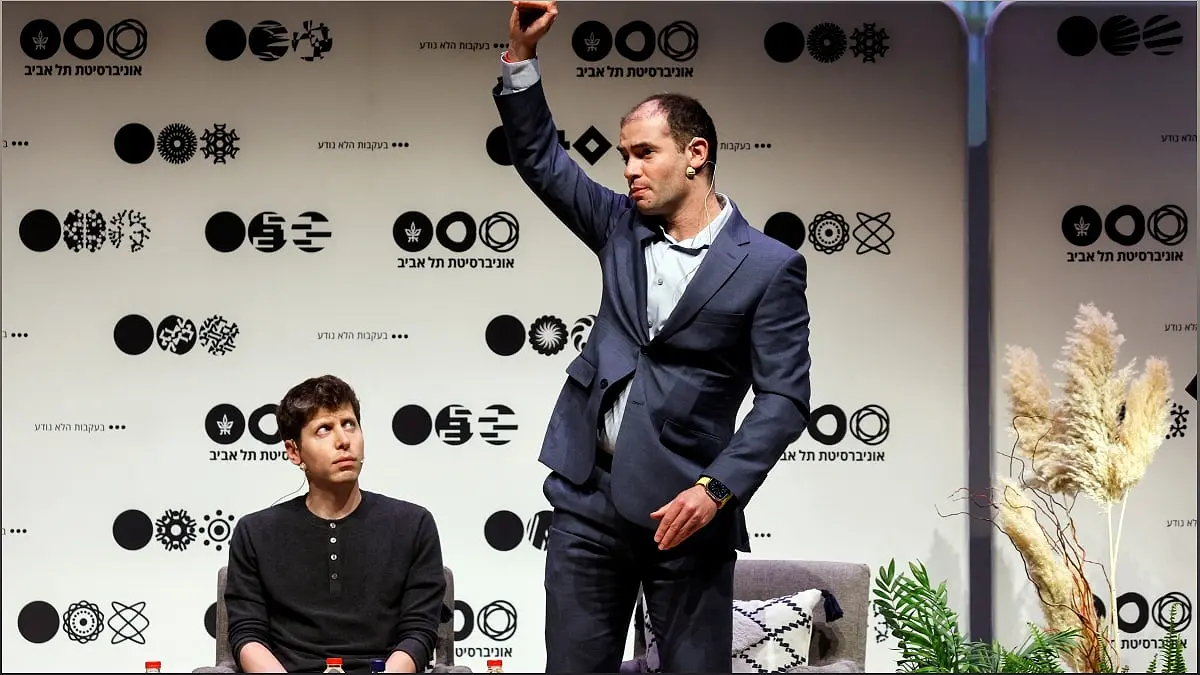After days of upheaval and power play in Silicon Valley, OpenAI has undergone a significant transformation in its leadership structure. Sam Altman's return as CEO, accompanied by a new board, marks a pivotal moment for the organization. In this article, we delve into the fresh faces on the board, the departures, and the road ahead for OpenAI as it navigates through this transformative phase.
The Return of Sam Altman as CEO
Explore the seismic shift in OpenAI's leadership with Sam Altman's return as CEO.
After a period of upheaval and power play, OpenAI has witnessed a significant change in its leadership structure. The return of Sam Altman as CEO marks a turning point for the organization. Altman, renowned for his previous contributions to OpenAI, brings a wealth of experience and a fresh perspective to the table.
Altman's comeback signifies a renewed focus on OpenAI's mission and a potential shift in the strategic direction of the organization. With his visionary leadership and expertise in the tech industry, Altman is poised to lead OpenAI into a new era of innovation and growth.
Introducing the Fresh Faces on the Board
Meet the new board members who bring diverse backgrounds and expertise to OpenAI.
OpenAI's board has undergone a significant transformation, with the arrival of notable individuals from various domains. Bret Taylor, the new board chair, brings a wealth of experience from his tenure at Salesforce and Twitter. His involvement in an AI startup raises questions about potential conflicts of interest.
Larry Summers, renowned for his economic prowess and connections in Washington, joins the board and could play a pivotal role in navigating OpenAI through regulatory scrutiny. His endorsement of OpenAI's ChatGPT as a transformative technology further solidifies his position.
Adam D'Angelo, who played a crucial part in Altman's reinstatement, remains on the board. His silence post-Altman's removal hints at underlying complexities within the situation.
Departures from the Board
Explore the reasons behind the departure of key board members from OpenAI.
Helen Toner, who held positions at Georgetown University's Center for Security and Emerging Technology and Open Philanthropy, has been critical of OpenAI's approach. Her stance may have contributed to Altman's dismissal.
Tasha McCauley, an adjunct senior management scientist at Rand Corporation, joined the board in 2018. She is yet to comment publicly following Altman's departure, leaving room for speculation about her future involvement with OpenAI.
Ilya Sutskever, despite his pivotal role in OpenAI's foundation, found himself aligned with the previous board against Altman, resulting in his removal. His absence from the new board marks a significant change in OpenAI's leadership dynamics.
The Road Ahead for OpenAI
Discover the future prospects and challenges for OpenAI as it navigates through this transformative phase.
OpenAI is currently engaged in negotiations to expand its board, with Microsoft's desired representation being a key focus. The addition of experienced individuals and a larger board could bring a more conventional Silicon Valley startup structure to OpenAI, despite its underlying nonprofit ownership.
As OpenAI moves forward, it faces the challenge of maintaining its core ethos as a nonprofit entity with a capped-profit structure. Balancing the pursuit of cutting-edge AI technologies while ensuring responsible and ethical practices will be crucial for the organization.
The transformation in governance marks a significant milestone for OpenAI. With Altman at the helm and a fresh board, the organization is poised to embark on a new chapter, continuing its mission to ensure artificial general intelligence benefits all of humanity.

